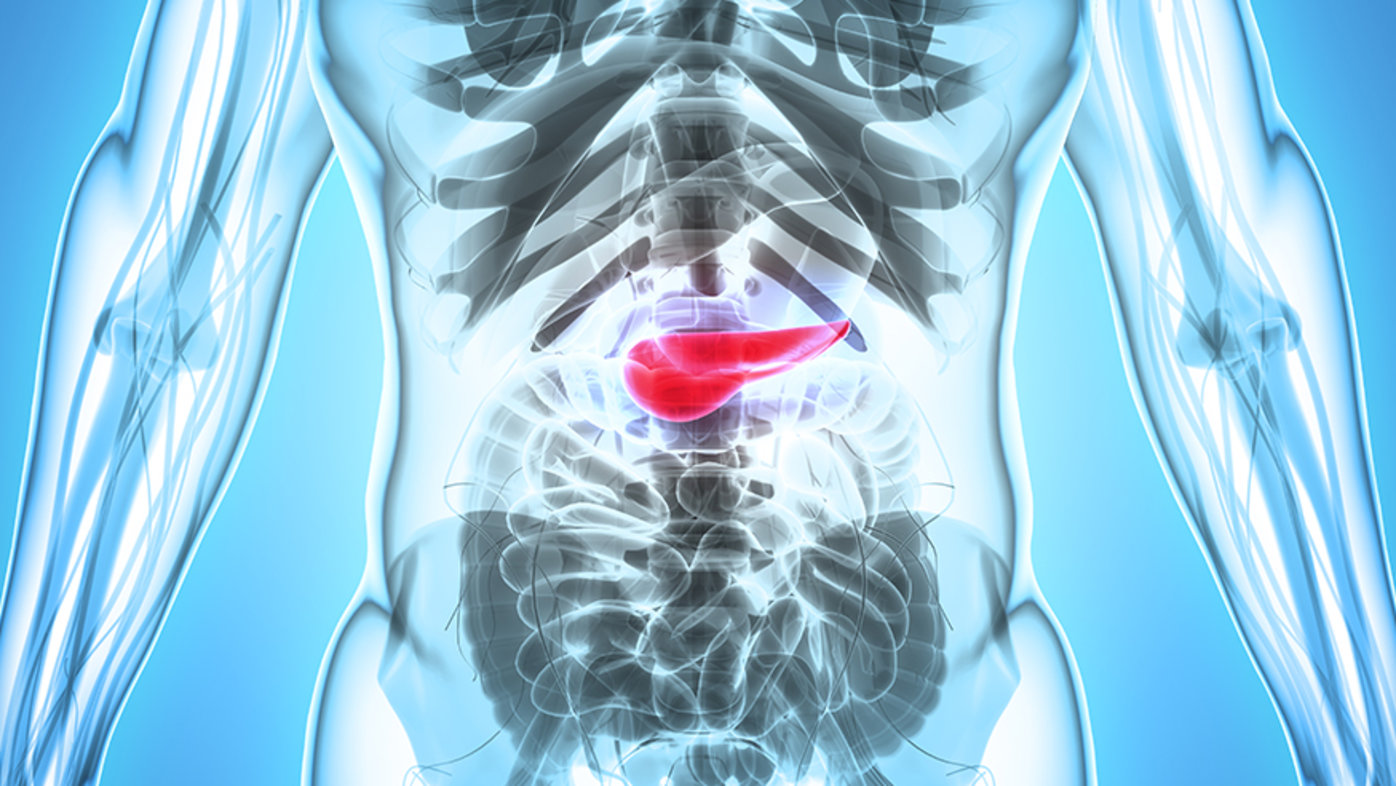In the vast expanse of the human body, certain diseases have shadows that are perplexing and daunting. Scientists and doctors alike have been baffled by pancreatic cancer. This deadly illness affects a large number of people each year. It is sometimes referred to as the “silent killer” because it can be difficult to identify at an early stage. There are some things you can to do decrease your risk, and also support the research for new treatments.
Know the warning signs of pancreatic carcinoma.
Be aware of the subtle signals that your pancreatic caner may send. Sometimes, these warnings are hidden in the midst of the day’s clamor. The trick is in decoding these warnings in order to detect the disease in its early stages, so that the fight against it can be most efficient.

Pancreatic Cancer is a thorny and difficult to detect. Its symptoms are often vague and easily ignored, yet they hold profound significance. Signs of early warning include unintentional loss of weight, abdominal pain radiating towards the back, and a change in the color of stool. Additionally, new-onset diabetes or a sudden worsening of existing diabetes could also be a potential red flag. While these rumors may seem harmless individually, they could indicate a larger picture. For more information, click warning signs pancreatic cancer
Improving Action: Reducing the Risk of Pancreatic Cancer
As awareness of pancreatic cancer increases, our resolve to fight it grows stronger. Knowing the prevention of pancreatic cancer is our shield, and embracing this knowledge can be our armor. There are many ways to decrease your chances of getting pancreatic cancer. Making informed choices will give you a sense of confidence.
1. Lifestyle choices that are healthy are the primary factor in preventing. A healthy weight control and a balanced diet that is rich in fruits vegetables, whole grains, and other vegetables and a reduction in sugary drinks and processed food can help decrease the risk of pancreatic cancer.
2. Smoking cessation: If you’re smoking, you should consider this an excellent reason to stop. Smoking has been proven to be an increase in risk for pancreatic carcinoma. When you quit smoking, it will not only improve your health, but reduce the chance of developing pancreatic carcinoma.
3. Moderate consumption of alcohol is recommended. While a glass or two of wine may have some health benefits, excessive consumption of alcohol may increase the risk of pancreatic cancer. Moderation, as always, is the most important thing to remember.
4. Genetic counseling. If you’re at risk for pancreatic carcinoma due to a family background or if you have genetic mutations which predispose to the disease, genetic counselling can be very helpful. Understanding your risk empowers you to take proactive measures and take regular tests.
Donating to the pancreatic cancer research Helping to make progress
Research is the source of hope in the field of medicine that offers hope for new treatments, and ultimately, an effective cure. The fight against pancreatic carcinoma is bolstered by the efforts of dedicated researchers who work tirelessly in labs, unravelling the complex mechanisms that cause the disease.
Donating to research into pancreatic cancer is not merely an act of generosity; it’s an investment in the future. Every contribution, no matter how little, provides fuel to the advancement engine. It advances the search for improved treatments and more early detection methods. Your contribution is an important thread that is woven into the fabric of discovery in science. It provides an avenue of hope to patients who face issues with their pancreas.
The impact of your contribution is reflected in a tapestry
Your donation to pancreatic cancer research creates an impact that goes way beyond a laboratory. Your donation can be a lifeline for patients as well as their families coping with the burdens of this disease. It’s an example of the power of human compassion and the power of solidarity, lending assistance to those who need it the most.
In addition, your contribution fosters collaboration between scientists, creating an environment in which ideas come together with innovation and breakthroughs can become reality. Your contribution amplifies our collective determination to solve the pancreatic cancer puzzle in a piece-by-piece fashion until we reach a clearer picture.
Pancreatic cancer is multifaceted and encompasses awareness, prevention, as well as help. When we unravel the screams of warning signs for pancreatic cancer and adopt preventive measures rooted in knowledge, we also extend our helping hand – via donations that fuel the motor of research. Science and compassion are interwoven in this journey. The goal is to create a new future that unravels mystery of pancreatic cancer, helps save lives and gives us the possibility of a brighter future.